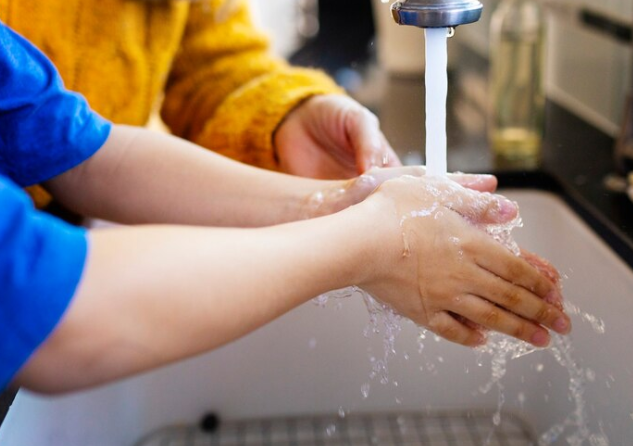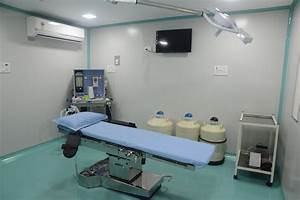Why Clean Water and Sanitation Are Essential for Public Health
Clean water and sanitation are fundamental to maintaining public health. These essential elements impact every aspect of life, from preventing diseases to supporting economic development. Understanding their importance can help communities and individuals make better choices to ensure access to clean water and effective sanitation.
The Importance of Clean Water
Clean Water Access: Clean water access is a basic human right, yet many people around the world still lack this essential resource. Clean drinking water is crucial for hydration, proper nutrition, and overall well-being. Contaminated water, on the other hand, can lead to serious health issues, including gastrointestinal infections, cholera, and other waterborne diseases.
Health Benefits: Access to clean drinking water helps prevent the spread of diseases. Waterborne diseases are often transmitted through contaminated water sources, leading to illnesses that can be easily avoided with proper water treatment. When people have access to clean water, they are less likely to suffer from these diseases, which improves overall health and reduces healthcare costs.
Economic Impact: The economic benefits of clean water are substantial. Healthy populations are more productive and can contribute more effectively to their communities. When people are not burdened by illness caused by contaminated water, they can work more efficiently, attend school regularly, and participate in economic activities. This, in turn, fosters economic growth and development.
The Role of Sanitation
Sanitation and Hygiene: Proper sanitation is closely linked to clean water access. Effective sanitation practices help prevent the contamination of water sources. Sanitation involves the safe disposal of human waste, which is critical in preventing the spread of diseases. Without proper sanitation, waste can contaminate water sources, leading to the spread of harmful pathogens.
Preventing Disease: Good sanitation practices, such as using toilets and proper waste disposal systems, play a crucial role in preventing diseases. When human waste is not managed correctly, it can lead to the contamination of drinking water and spread diseases like typhoid, dysentery, and hepatitis. By maintaining high standards of sanitation, communities can significantly reduce the incidence of these diseases.
Improving Quality of Life: Proper sanitation contributes to a higher quality of life. Access to clean and safe toilets is essential for maintaining personal hygiene and dignity. It helps to reduce the risk of infections and promotes overall well-being. Inadequate sanitation can lead to discomfort and health issues, especially for vulnerable populations like children and the elderly.
Challenges and Solutions
Global Water Scarcity: Despite the importance of clean water and sanitation, many regions face challenges related to water scarcity. Factors such as climate change, population growth, and pollution contribute to the depletion of freshwater resources. Addressing these challenges requires innovative solutions and collaborative efforts.
Infrastructure Development: Investing in infrastructure is crucial for improving clean water access and sanitation. Building and maintaining water supply systems, sewage treatment facilities, and sanitation services are essential for ensuring that communities have reliable access to clean water and safe sanitation. Governments, organizations, and communities need to work together to develop and support these infrastructures.
Education and Awareness: Educating communities about the importance of clean water and sanitation is vital. Awareness campaigns can help people understand how to protect their water sources, practice good hygiene, and use sanitation facilities effectively. Education empowers individuals to take control of their health and contributes to the overall improvement of public health.
Technological Innovations: Advances in technology offer promising solutions for addressing water and sanitation challenges. Innovations such as water purification systems, sanitation technologies, and mobile applications for monitoring water quality can enhance access to clean water and improve sanitation practices. Embracing these technologies can lead to more effective and sustainable solutions.
Conclusion
Clean water and sanitation are indispensable for public health. Access to clean drinking water and proper sanitation practices prevent diseases, promote well-being, and contribute to economic development. While challenges remain, investing in infrastructure, education, and technological innovations can help overcome these obstacles and ensure that everyone has access to these vital resources. By prioritizing clean water and sanitation, we can build healthier, more prosperous communities and work towards a better future for all.
Read More: Under-Sink Water Filter the River of Life




